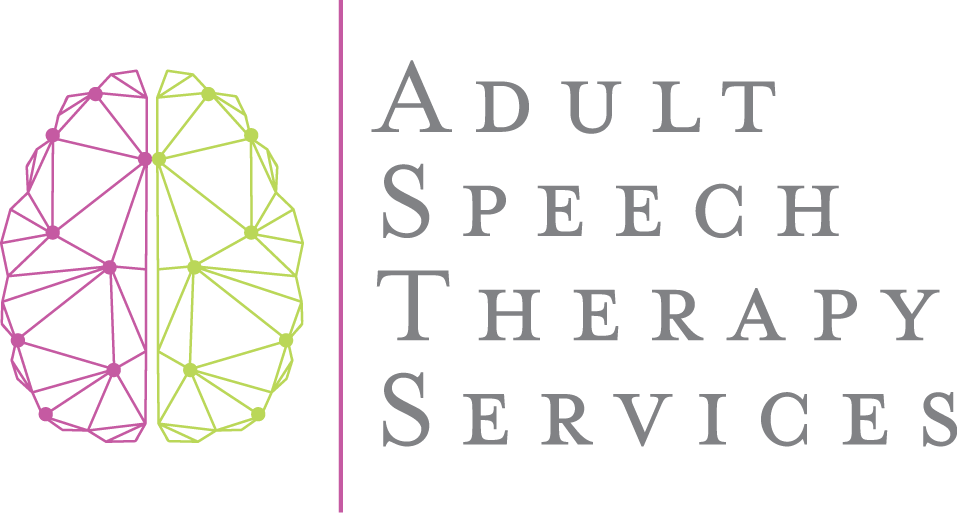Build Your Best Brain: Managing Cognitive Changes After Chemotherapy
How does chemotherapy affect the brain?
Many individuals report cognitive changes after they have endured chemotherapy treatment. These changes can include difficulty with memory, attention, word-finding, and executive functioning skills. These symptoms, commonly referred to as “chemo brain,” are due to damage to the brain’s structural components, like cells and neurons. In addition to chemotherapy, changes in the brain can be caused by other factors that frequently affect cancer survivors, such as radiation treatment, depression, anxiety, and changes in sleep patterns. The good news is that by adopting strategies and simple daily habits individuals experiencing “chemo brain” can manage, and improve, cognitive changes after chemotherapy.
3 APPROACHES TO BUILDING YOUR BEST BRAIN:
General Self-Care
Here are a few of the simple, but effective, habits to adopt to improve your overall brain health.
- Rest breaks: Taking a break from challenging tasks can be a powerful tool for decreasing cognitive symptoms. The next time you’re focused on a task, and notice that your attention is wandering or you’re making more mistakes, take a 2 minute break from the task. This will allow your brain to “recharge.”
- Sleep: Brain energy is stored and brain maintenance occurs during sleep. So, implementing good sleep hygiene, like going to bed and waking at the same time each day, is key.
- Exercise: Engaging in daily physical exercise, even just going for a walk, is good for your brain.
- Hydration: Your brain doesn’t function as well when you’re dehydrated, so it’s important to ensure you’re drinking enough fluids each day.
Compensatory Strategies
To ease the impact of “chemo brain” on daily functioning, it can be helpful to implement common sense tools to cope with cognitive changes in memory, organization and problem solving after chemotherapy.
- Note-taking: Use a daily planner, smart phone calendar, or a “to do” list. These systems must be used consistently, in order for them to be reliable.
- Prioritizing: If you don’t have time to complete all of the day’s “to dos,” select just 1 or 2 of the most important tasks. Spend your brain energy completing those tasks only.
- Limit multitasking: Multitasking is not an efficient way to work, and is tough on your brain. You’ll get more accomplished, and your work will be more accurate, if you just do one task at a time.
- Advocacy: Educate your friends and family about your “chemo brain” symptoms and how they can help support you. Sometimes your best bet is to delegate.
Brain Exercise
Neuroplasticity is a term used to describe our brain’s ability to make new connections between neurons, changing the way the brain is organized. Challenging your brain promotes neuroplasticity. Here are some ideas for doing just that:
- Complete daily tasks in a different, more challenging way, like using your non-dominant hand to brush your teeth, or taking a new route when driving.
- Learn a new skill, like playing an instrument or speaking a foreign language.
- Stay engaged with the activities and hobbies you enjoy, even if you need to modify them.
- Access research-based brain-training apps.
Finding an experienced speech therapist
Adult Speech Therapy Services specializes in treating adults with cognitive-communication impairments. For more information about speech therapy treatment for cognitive-communication challenges following chemotherapy, please contact us at 301-323-8486.

